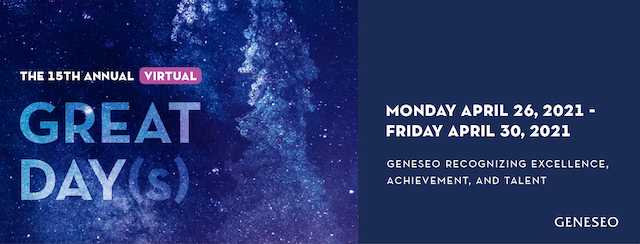
Submission Type
Poster
Start Date
April 2021
Abstract
In the wake of a global pandemic, increased workplace automation and competitiveness, and unprecedented levels of income inequality, welfare reform is among the most salient political issues of the day. As of November 2020, 11.7 percent of Americans are living under the poverty line and an astounding 63 percent report living paycheck-to paycheck-since the onslaught of the COVID-19 pandemic. One possible solution is the implementation of a nation-wide universal basic income (UBI) system. UBI is a relatively new term in American political vocabulary, garnering increased attention during the 2020 Democratic presidential primaries. This paper argues that UBI should be taken seriously as a policy solution for those living in or near poverty. Such a system would help simplify the United States’ infamously complex and difficult to navigate welfare system, lift individuals and families out of poverty, and provide those living paycheck-to-paycheck a cushion. Moreover, UBI is a more politically feasible program than one might imagine—voter support for a UBI program has markedly increased in recent months, it would fulfil the political left’s desire for a stronger welfare state, and paired with simplifying the United States’ existing welfare system, would fulfil right-wing desires for smaller government.
Recommended Citation
Kozlowski, Carver, "283— Universal Basic Income: The Answer to Poverty?" (2021). GREAT Day Posters. 60.
https://knightscholar.geneseo.edu/great-day-symposium/great-day-2021/posters-2021/60
283— Universal Basic Income: The Answer to Poverty?
In the wake of a global pandemic, increased workplace automation and competitiveness, and unprecedented levels of income inequality, welfare reform is among the most salient political issues of the day. As of November 2020, 11.7 percent of Americans are living under the poverty line and an astounding 63 percent report living paycheck-to paycheck-since the onslaught of the COVID-19 pandemic. One possible solution is the implementation of a nation-wide universal basic income (UBI) system. UBI is a relatively new term in American political vocabulary, garnering increased attention during the 2020 Democratic presidential primaries. This paper argues that UBI should be taken seriously as a policy solution for those living in or near poverty. Such a system would help simplify the United States’ infamously complex and difficult to navigate welfare system, lift individuals and families out of poverty, and provide those living paycheck-to-paycheck a cushion. Moreover, UBI is a more politically feasible program than one might imagine—voter support for a UBI program has markedly increased in recent months, it would fulfil the political left’s desire for a stronger welfare state, and paired with simplifying the United States’ existing welfare system, would fulfil right-wing desires for smaller government.


Comments
Sponsored by Eunju Kang